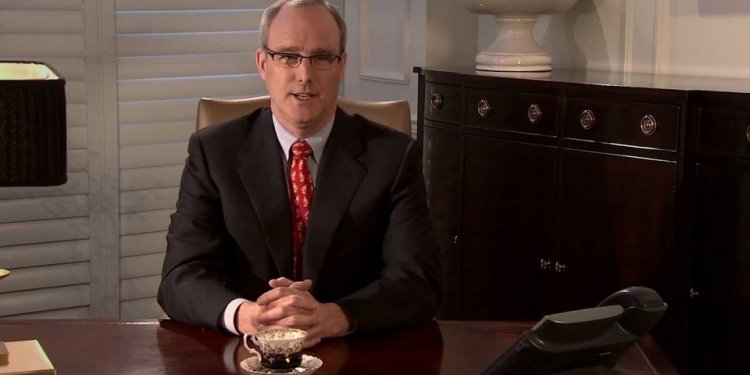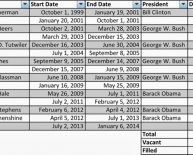
Environmental Protection and Enhancement Act
 Have you come close to throwing something out and wondered, “Can I just toss this in the trash?” Not everything can safely go into household trash – items like leftover cleaners, motor oil, light bulbs and aerosol cans are likely household hazardous waste (HHW) and require special disposal.
Have you come close to throwing something out and wondered, “Can I just toss this in the trash?” Not everything can safely go into household trash – items like leftover cleaners, motor oil, light bulbs and aerosol cans are likely household hazardous waste (HHW) and require special disposal.
How do I know for sure?
Check the ingredients. Household hazardous waste products contain corrosive, toxic, flammable, or reactive ingredients. A listing of common HHW items can be found on Environment and Parks’ website. If in doubt, it’s better to treat the item as if it were HHW.
So what do I do with it?
Household hazardous waste round-ups are organized by communities throughout Alberta. Items are collected, sorted, packed and labeled by qualified personnel, then taken for safe treatment and disposal.
 Check with your municipality for a listing of drop-off locations in your area or with the Alberta Recycling Management Authority:
Check with your municipality for a listing of drop-off locations in your area or with the Alberta Recycling Management Authority:
When you take your waste to a designated drop off please remember:
- Do not mix different types of hazardous wastes in one container. This can be extremely dangerous. Keep materials in their original containers.
- Make sure the containers used for transporting are secure and leak-free.
- When driving with hazardous waste in your vehicle ensure your load is properly secured.
Protecting health, land, water, and air
 Improper disposal, such as pouring down the sink, pouring in the storm sewer, burning, or throwing in the landfill can ultimately lead to contamination of our land, air and water. This in turn can lead to health impacts to humans, animals and plants. Toxins can contaminate soil, stream runoff, groundwater supplies, or become exposed to humans via floodwaters. Some toxins, such as mercury, persist and accumulate in the environment.
Improper disposal, such as pouring down the sink, pouring in the storm sewer, burning, or throwing in the landfill can ultimately lead to contamination of our land, air and water. This in turn can lead to health impacts to humans, animals and plants. Toxins can contaminate soil, stream runoff, groundwater supplies, or become exposed to humans via floodwaters. Some toxins, such as mercury, persist and accumulate in the environment.
It’s also illegal. Alberta’s Environmental Protection and Enhancement Act (EPEA) contains the laws around improper disposal of hazardous waste through the Waste Control Regulation. Both individuals and businesses are subject to the laws within the EPEA and Waste Control Regulation.
 Hazardous waste and industry
Hazardous waste and industry
Industry and business must also ensure their hazardous waste is handled and disposed of correctly in compliance with the Waste Control Regulation. Hazardous waste from business is not household hazardous waste and cannot be managed within the HHW program.
There are many resources for waste managers, including a waste management user guide that provides the tables listing hazardous waste criteria, extensive lists of hazardous and non-hazardous wastes and clarity on expectations of waste management.
Convictions
When individuals, companies, or municipalities fail to comply with environmental legislation, there are several options depending on the offence. They can include warning letters; tickets and administrative penalties; enforcement, environmental protection, and water management orders; and prosecution. There is also another option called creative sentencing.
Creative sentencing is part of the punishment an environmental offender can face after a finding of guilt. “Creative sentencing” is a catch-all term used to describe the various options. A few examples include:
- Community service orders
- Publication orders
- Remediation orders
An example can be seen in the 2015 sentencing of Peter J. Greenways. Part of his sentencing included the mandatory publication and distribution of an educational document titled A Story of Hazardous Waste Woe.
We all have a role to play as individuals in handling hazardous waste properly and protecting our land, air and water. For more information household hazardous waste, disposal, programs and more – check out some of our online resources.






















